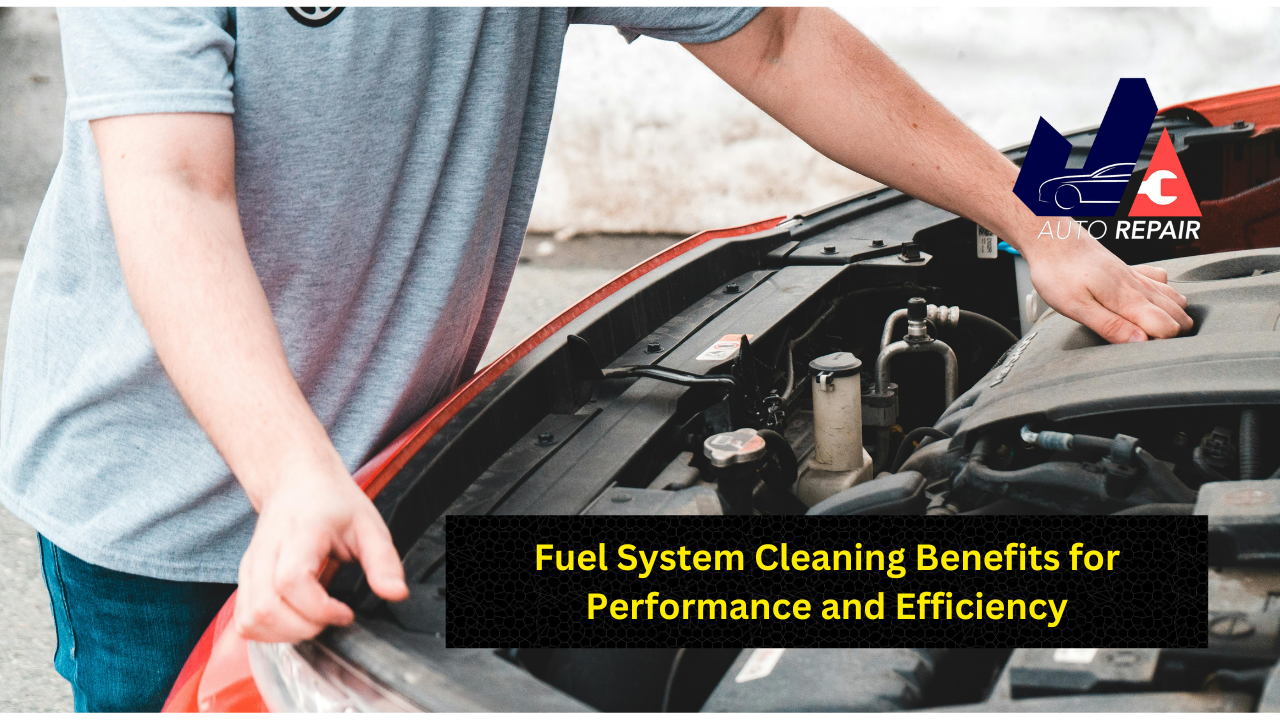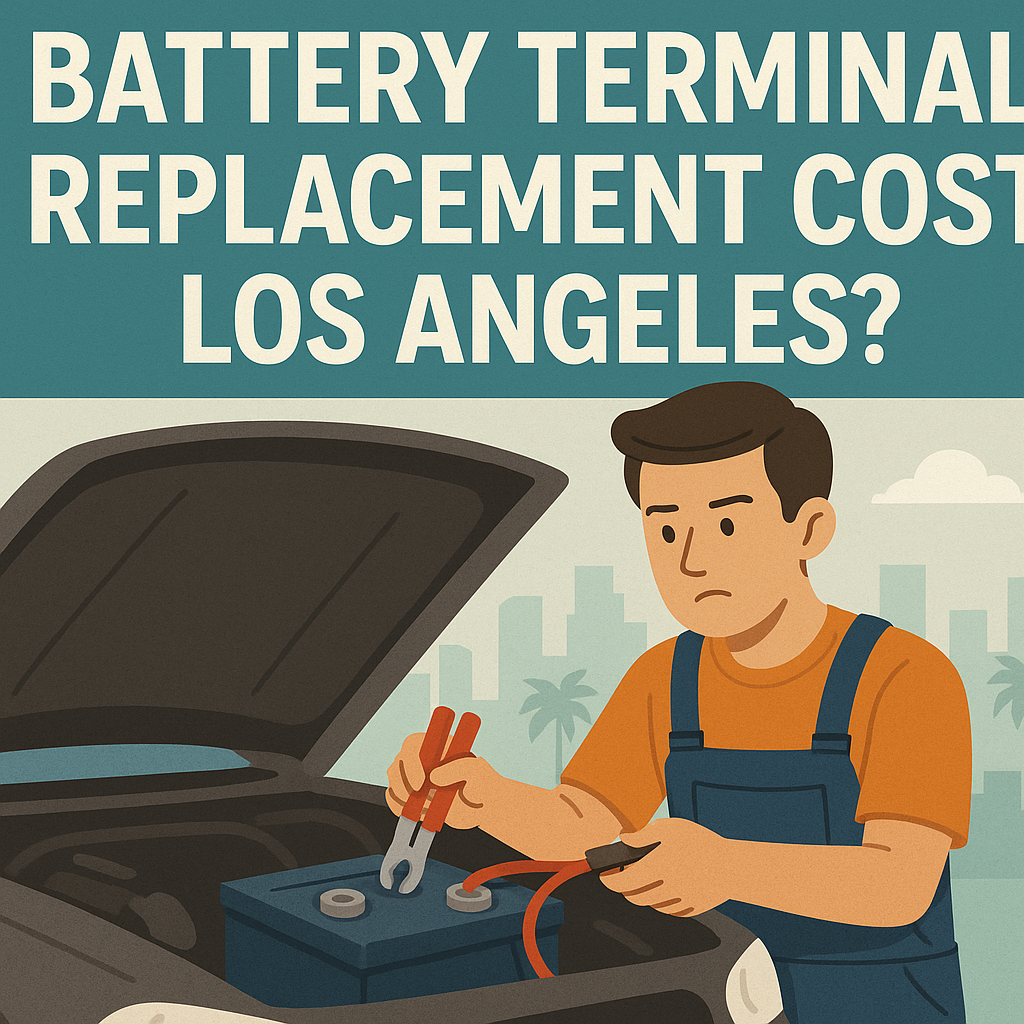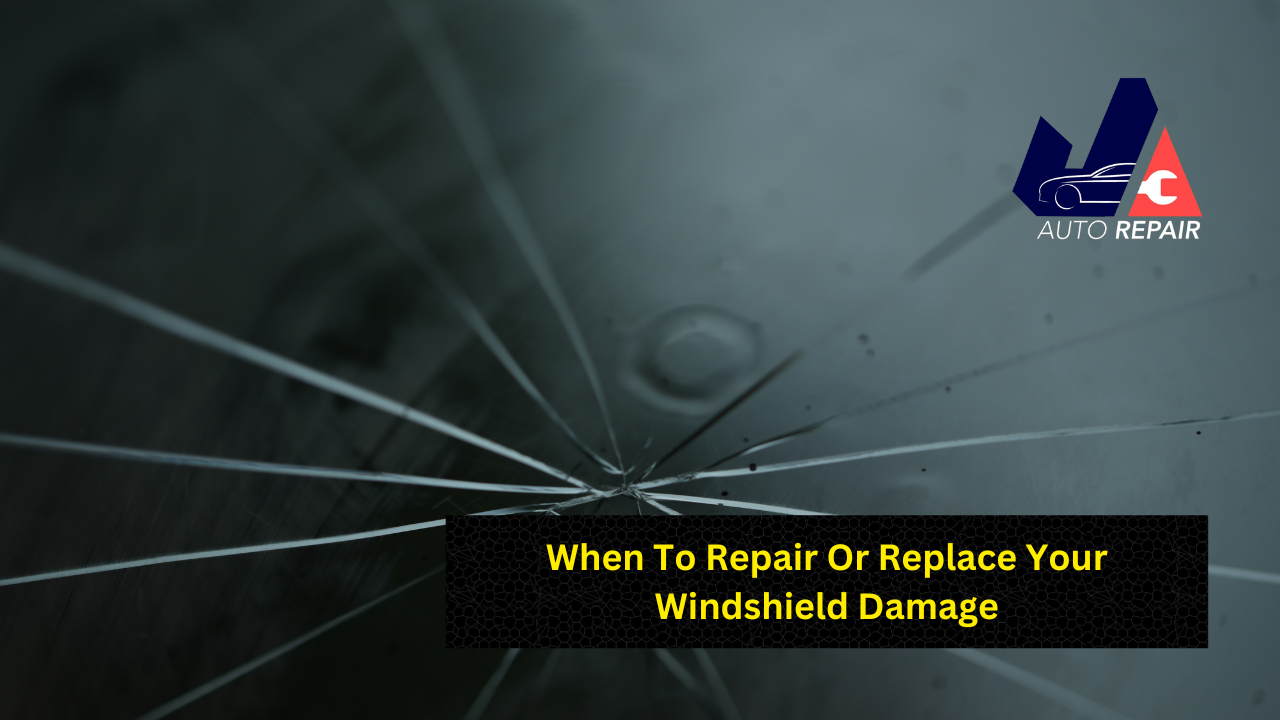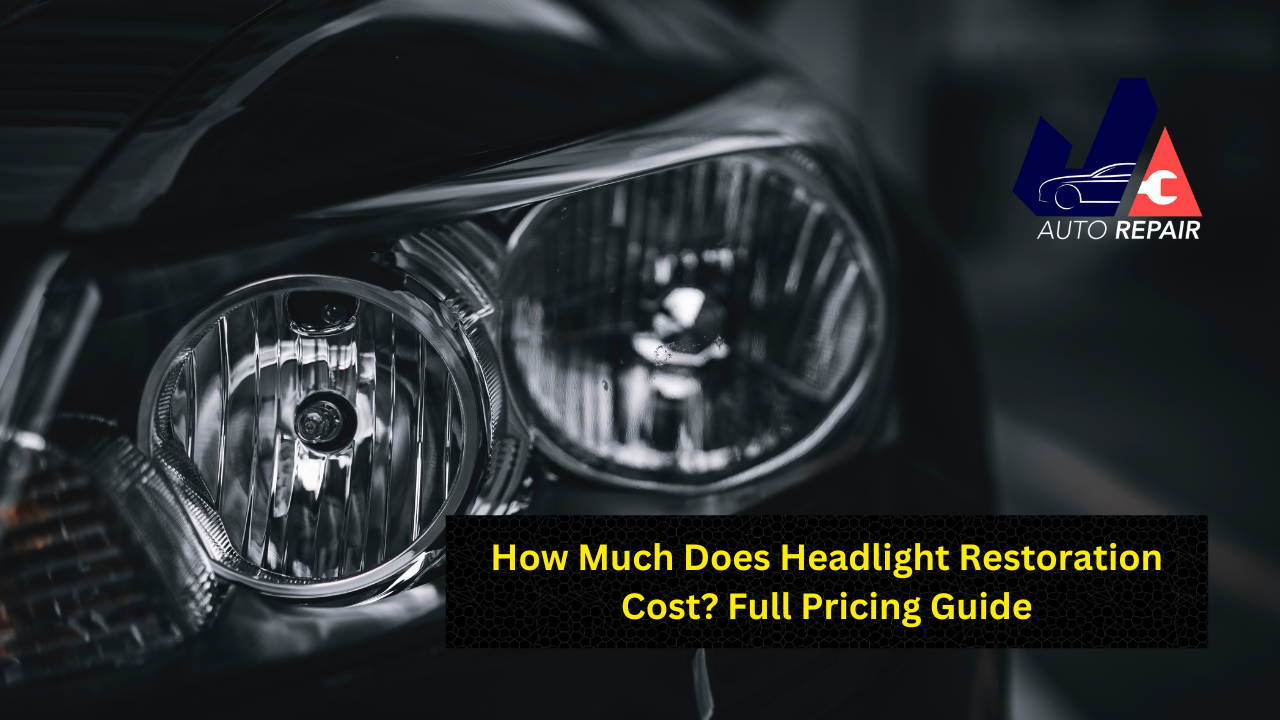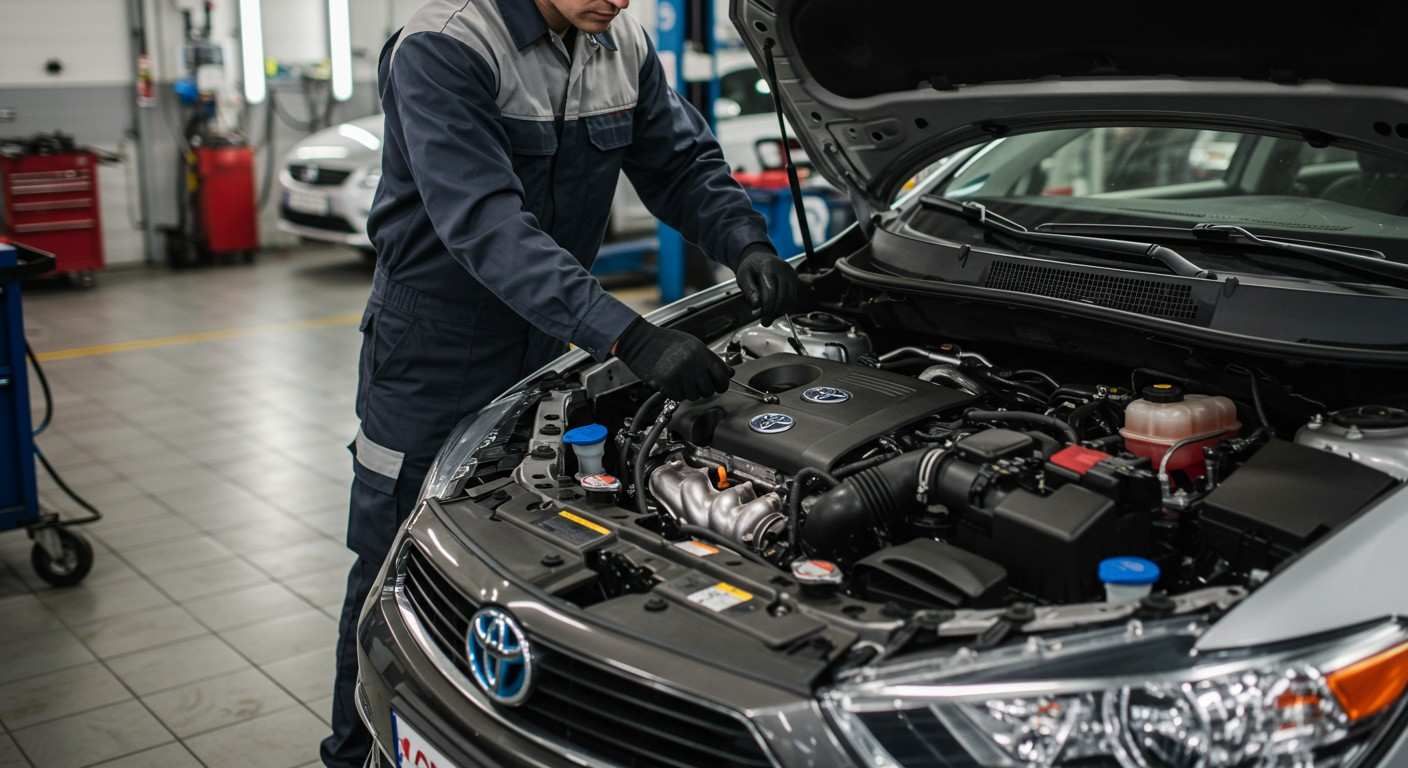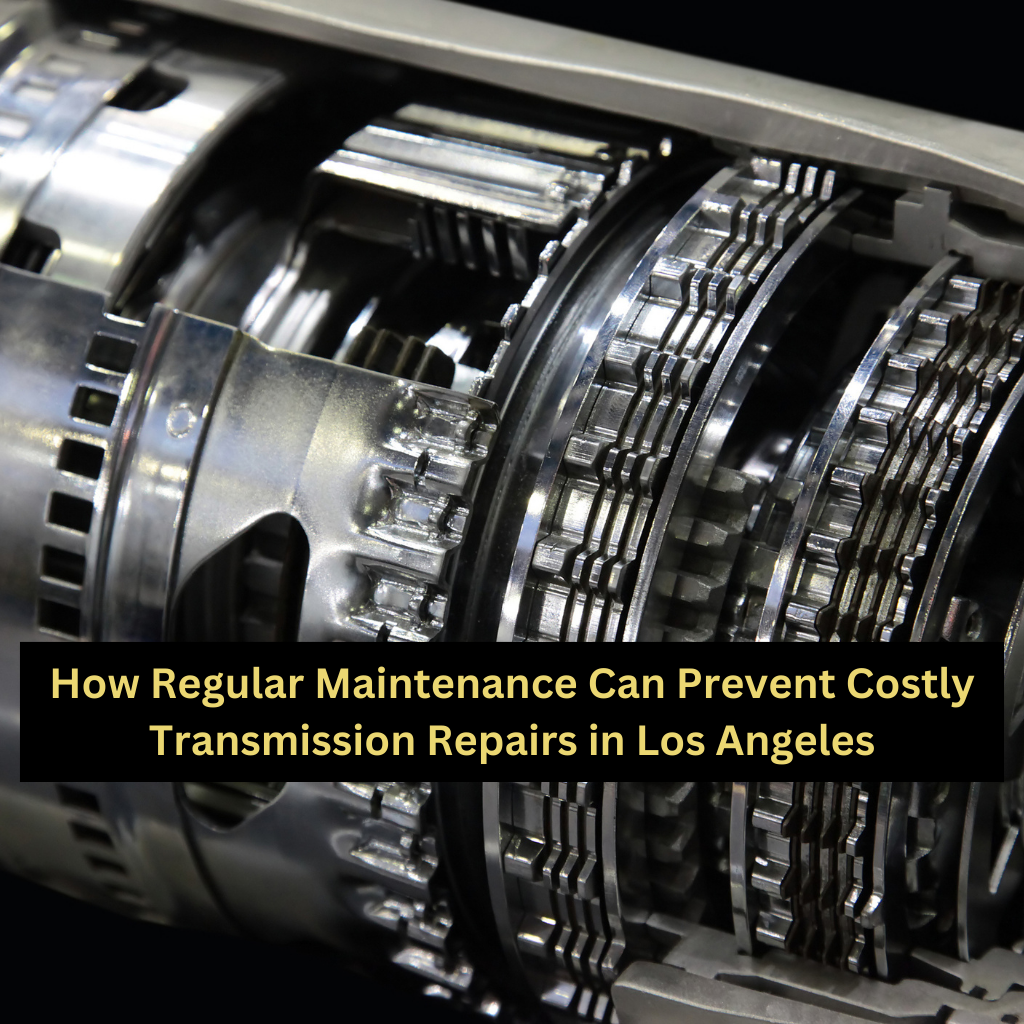Is It Cheaper To Repair Or Replace A Transmission?
Facing the dilemma of whether to repair or replace a transmission can be stressful.
Every car owner wants to ensure they're making a decision that is both cost-effective and beneficial for the long-term performance of their vehicle.
If you're wrestling with the question, "Is it cheaper to repair or replace a transmission?", understanding the key factors involved will guide you to a more informed decision.
Repairing a transmission often proves more cost-effective than replacing it entirely. For those looking to save money, focusing on repairing failing components within the transmission can extend its life without the hefty price tag of complete replacement.
Is It Cheaper To Repair Or Replace A Transmission - A Quick Overview
When tackling the question, "Is it cheaper to repair or replace a transmission?", it's crucial to weigh both immediate and long-term costs.
Repairing can often be the more economical choice, especially if the damage is limited and does not require a full rebuild.
Minor repairs, such as replacing fluids or specific parts, can significantly extend the life of the transmission at a fraction of the cost of full replacement.
However, for transmissions that are extensively damaged or consistently problematic, replacing might be the more reliable and cost-effective route in the long run.
Experience Top Transmission Services at JC's Auto Repair Shop in Los Angeles
If you're in Los Angeles and facing transmission troubles, look no further than JC's Auto Repair Shop.
Our team of certified experts is equipped to handle both repairs and full replacements, ensuring your vehicle runs smoothly with minimal downtime.
Trust us to provide transparent advice on whether a repair or replacement is more cost-effective for your situation. At JC's, we prioritize your vehicle's performance and your satisfaction.
For top-notch transmission services tailored to your needs, call us at 323 792 1777 or visit our Contact Us page today and experience the best in Los Angeles.
When to Repair a Transmission
Understanding when to repair a transmission can save you both time and money. A well-maintained transmission can have a significantly extended lifespan, ensuring your car remains functional and efficient. Here are some signs your transmission needs a repair
- Unusual Noises: If you start to hear whining, clunking, or buzzing from your car, it might be an early sign that your transmission requires attention. These sounds can indicate that the transmission fluid is contaminated or that mechanical parts are beginning to wear out.
- Difficulty Shifting Gears: Difficulty in shifting gears, whether your car is an automatic or manual, suggests that your transmission may be failing. This issue can stem from a misadjusted clutch or problems with the transmission fluid.
- Leaking Transmission Fluid: A pool of red fluid under your car is a clear indicator that your transmission fluid is leaking. This fluid is vital for keeping your transmission components well-lubricated and functioning properly.
- Transmission Slipping: If your transmission slips between gears while driving, or it pops back to neutral unexpectedly, it needs immediate attention. This slipping can lead to a decrease in car performance and increased fuel consumption.
- Delayed Engagement: A delay in your car’s movement while shifting from park to drive is known as delayed engagement. It can suggest issues within the transmission that need repairs to avoid further damage.
When to Replace a Transmission
At times, replacing a transmission can be more cost-effective than extensive repairs. This section will help you recognize when replacement is a wiser choice. Below are the signs your transmission needs a replacement
- Extensive Damage: If your transmission has sustained extensive damage from either severe mechanical failure or accumulated wear, a replacement is often more economically sensible.
- High Mileage: Vehicles with high mileage might also benefit from a transmission replacement. Older transmissions might not be worth the repair costs if they’re nearing the end of their expected lifespan.
- Cost of Repairs Exceeds the Vehicle’s Value: If the repair cost approaches or exceeds the value of your vehicle, it is generally more practical to replace the transmission or even consider buying a new car.
- Repeated Breakdowns: Frequent transmission failures despite multiple repairs can indicate that your transmission system is inherently faulty and might require a complete overhaul or replacement.
- Upgrading Performance: If you're looking to upgrade your vehicle for better performance, replacing an old transmission with a newer, more advanced model might be the best option
Cost to Repair a Transmission
Repairing a transmission can vary widely in cost. Several factors contribute to these expenses, ensuring you understand them can help you budget effectively.
Extent of Damage
The extent of damage to a transmission can significantly influence the cost of repairs. Minor issues such as changing the transmission fluid or replacing a single component can be relatively affordable, usually ranging from a few hundred to a thousand dollars.
On the other hand, if the damage is extensive enough to require a complete rebuild, costs can escalate considerably, often exceeding several thousand dollars.
A rebuild involves dismantling the transmission, replacing worn-out parts, and reassembling it, which requires considerable labor and parts expense.
Type of Vehicle
The make and model of your vehicle greatly affect the cost of transmission repair. Luxury cars and certain foreign models, such as those from premium European brands, typically have more sophisticated transmissions that require specific parts and expertise.
Consequently, parts for these vehicles are usually more expensive and may need to be sourced from specialist suppliers.
Additionally, the labor cost might increase due to the need for specialized skills or tools to handle these complex systems, driving up the overall repair expenses.
Location
The geographical location where you seek transmission repair can also impact the cost significantly.
Labor rates vary from one region to another, influenced by local economic conditions, the cost of living, and the availability of skilled technicians.
Urban areas with a higher cost of living tend to have higher service rates than rural areas.
Therefore, it's important to consider local market conditions when budgeting for transmission repair costs.
Warranty
A warranty can provide significant financial relief when dealing with transmission repairs. If your vehicle's transmission is still under the manufacturer's warranty, you may be able to have it repaired or even replaced at little or no cost.
Warranties typically cover defects in materials or workmanship for a certain period or mileage.
Always check the specifics of your warranty coverage as some may only cover parts and not labor, while others might have comprehensive coverage which greatly reduces out-of-pocket expenses.
Cost to Replace a Transmission
Replacing a transmission is generally more expensive than repairing one, but sometimes it’s the more viable option. Here are some factors that affect the cost of replacing a transmission:
Type of Transmission
The type of transmission in your vehicle affects both the cost and complexity of replacement.
Manual transmissions are generally simpler in design and therefore cheaper to replace compared to automatic transmissions or continuously variable transmissions (CVTs).
Automatics and CVTs are more complex and require more intricate work and components, which increases the replacement cost.
The choice between these types can affect both the upfront cost and the ongoing maintenance expenses.
New vs. Rebuilt
When replacing a transmission, you have the option to choose between a new or a rebuilt unit.
A new transmission is typically the most expensive option but comes with the assurance of brand-new parts and potentially a longer warranty.
A rebuilt transmission, while cheaper, involves refurbishing an old unit with new parts where necessary.
Although this can be cost-effective, the quality and reliability might not equal that of a completely new transmission, but it usually comes with a warranty that provides some level of protection.
Installation Costs
The cost of labor involved in installing a new transmission is a substantial part of the total expense and varies widely depending on the service center.
Installation involves extensive labor to remove the old transmission, prepare the new one, and integrate it into the vehicle, which can take many hours of skilled work.
This labor cost can differ based on the technician’s expertise, location, and the vehicle's make and model, all of which combine to influence the overall cost of replacement.
Wrapping Up
Deciding whether to repair or replace a transmission involves a detailed analysis of your vehicle's current condition and weighing the cost implications of each option.
If your transmission's issues are extensive and the cost of repairs could escalate, replacing it might offer more value and reliability.
On the other hand, if the damage is manageable and localized, repairing specific components can be substantially cheaper and extend your transmission’s lifespan without breaking the bank.
Ultimately, consult with a trusted mechanic who can provide a thorough assessment and help you make the decision that best suits your needs and budget.
Remember, a well-informed decision now can save you significant time and money in the future.


